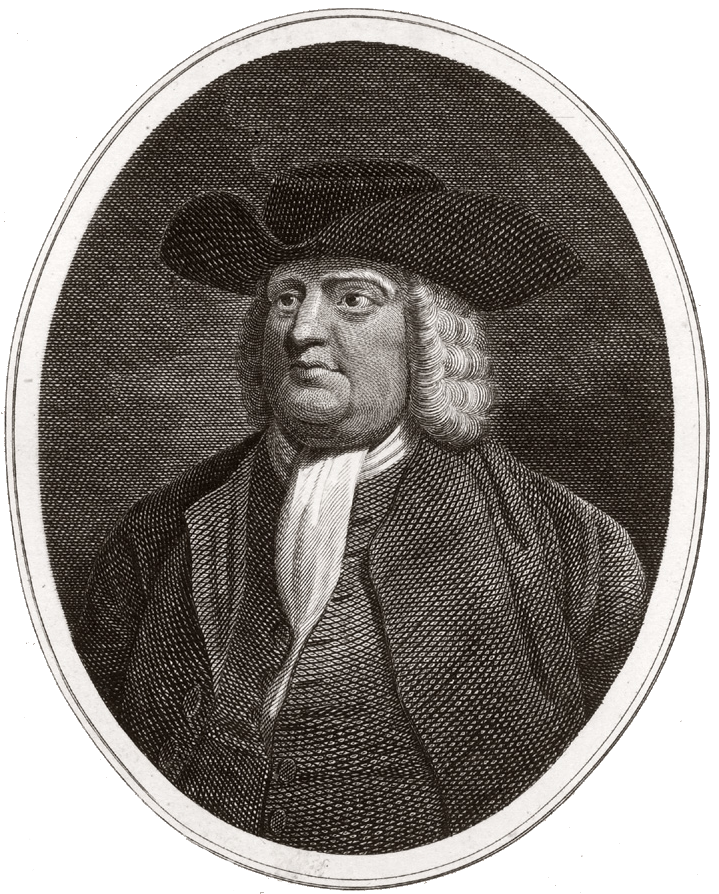
William Penn on property as one of the three fundamental rights all men have (1679)
Found in: The Political Writings of William Penn
The Quaker William Penn (1644-1718) argued in 1679 for the recognition of three fundamental rights that all Englishmen have: the right to property, the right to share in the making of the laws, and the right to be judged by a jury of one’s peers:
Property Rights
The First of these Three Fundamentals is Property, that is, Right and Title to your own Lives, Liberties and Estates: In this, every Man is a Sort of Little Soveraign to himself: No Man has Power over his Person, to Imprison or hurt it, or over his Estate to Invade or Usurp it: Only your own Transgression of the Laws, (and those of your own making too) lays you open to Loss; which is but the Punishment due to your Offences, and this but in Proportion to the Fault committed. So that the Power of England is a Legal Power, which truly merits the Name of Government. That which is not Legal, is a Tyranny, and not properly a Government. Now the Law is Umpire between King, Lords and Commons, and the Right and Property is One in Kind through all Degrees and Qualities in the Kingdom: Mark that.